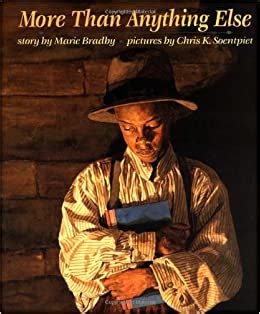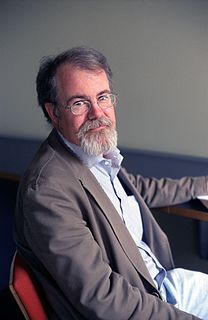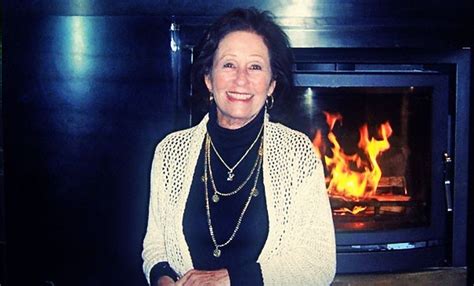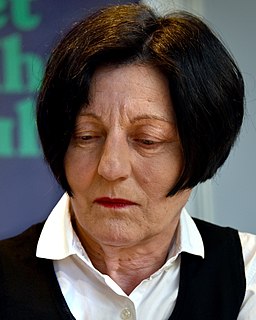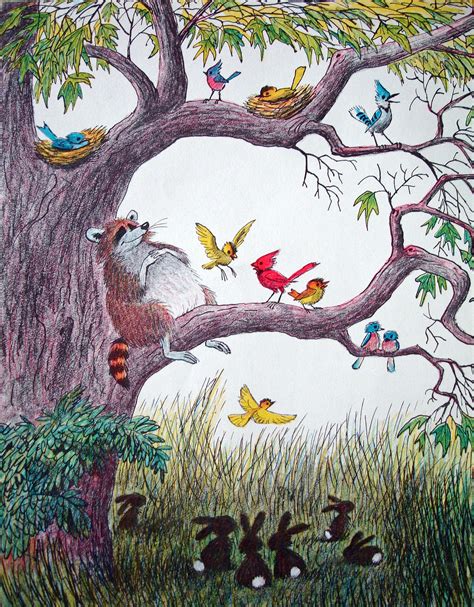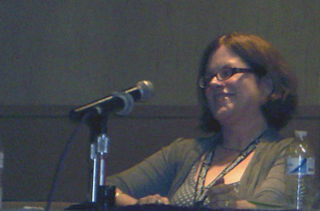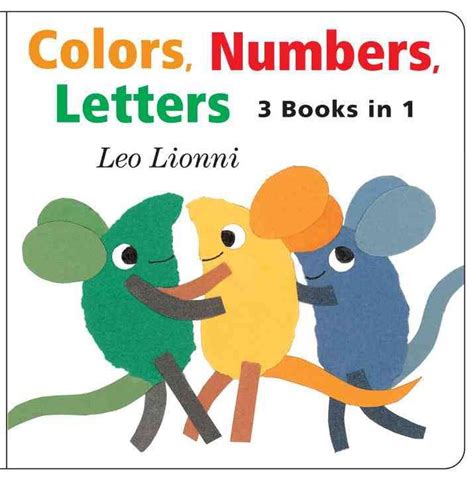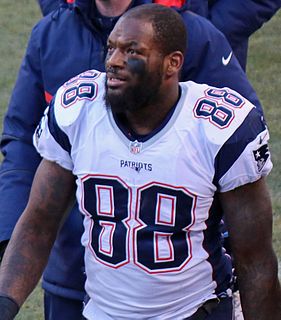Top 1200 Children's Books Quotes & Sayings - Page 3
Explore popular Children's Books quotes.
Last updated on April 14, 2025.
People are constantly telling me, whether they are friends who feel sorry for me, because I can't find a place to live, or real estate agents, "You can't afford an apartment the size you need with this many books. Why don't you just put some of your books in storage?" And I always say the same thing: "What if I told you I had four children? Would you say, 'You just can't afford to house four children. Why don't you just put two of them in storage?'" That's how I feel.
There was no Marshall Plan for Harry Potter, no International Financing Facility for books about underage wizards. It is heartbreaking that global society has evolved a highly efficient way to get entertainment to rich adults and children, while it can't get twelve-cent medicine to dying poor children.
I am a product of endless books. My father bought all the books he read and never got rid of any of them. There were books in the study, books in the drawing room, books in the cloakroom, books (two deep) in the great bookcase on the landing, books in a bedroom, books piled as high as my shoulder in the cistern attic...In the seemingly endless rainy afternoons I took volume after volume from the shelves. I had always the same certainty of finding a book that was new to me as a man who walks into a field has of finding a new blade of grass.
Even the very youngest children already are perfectly able to discriminate between the imaginary and the real, whether in books or movies or in their own pretend play. Children with the most elaborate and beloved imaginary friends will gently remind overenthusiastic adults that these companions are, after all, just pretend.
Though the blame cannot be placed entirely on publishers, I do think a more diverse pool of editors would go a long way toward broadening the perspective. Our role is to work together to create books that act as wide-open doors - books that allow all children to walk through and feel safe enough to stay.
Electronic books are ideal for people who value the information contained in them, or who have vision problems, or who like to read on the subway, or who do not want other people to see how they are amusing themselves, or who have storage and clutter issues, but they are useless for people who are engaged in an intense, lifelong love affair with books. Books that we can touch; books that we can smell; books that we can depend on.
When it comes to horror there's a strange need to analyze. When "evil children" fad happened, there was The Exorcist and The Other and The Omen. People would say, "What this really means is that Americans don't want to have kids anymore. They feel hostility towards their own children. They feel they're being tied down and dragged down." In fact, in most cases, what those books are about is nice children who are beset by forces beyond their control.
The rest, with very little exaggeration, was books. Meant-to-be-picked-up books. Permanently-left-behind books. Uncertain-what-to-do-with books. But books, books. Tall cases lined three walls of the room, filled to and beyond capacity. The overflow had been piled in stacks on the floor. There was little space left for walking, and none whatever for pacing.
I am an author-illustrator of children's books - and yet - I must confess I don't do the books for the kids. When I'm working on a book I'm somewhere else - at the circus - or a rustic old farm - or deep in a forest - with no thought of who might read the book or what age group it would appeal to. I write them so I can illustrate them.
All of the insights that we might ever need have already been captured by others in books. The important question is this: In the last ninety days, with this treasure of information that could change our lives, our fortunes, our relationships, our health, our children and our careers for the better, how many books have we read?
The current publishing scene is extremely good for the big, popular books. They sell them brilliantly, market them and all that. It is not good for the little books. And really valuable books have been allowed to go out of print. In the old days, the publishers knew that these difficult books, the books that appeal only to a minority, were very productive in the long run. Because they're probably the books that will be read in the next generation.
I believe that a good children's book should appeal to all people who have not completely lost their original joy and wonder in life. The fact is that I don't make books for children at all. I make them for that part of us, of myself and of my friends, which has never changed, which is still a child.
There are things I read doing research, and there are certain books and writers I just love to read. There are books of Brian Morten's that I love, for instance. There's a wonderful book by an Australian writer named Helen Garner called 'The Children's Bach,' and I just love the way she uses language in it.
There were many books in my parents' home. I'm from a family of five children and we were all readers. And so by the time I left home, I had already read many books, and I was very interested in reading more. That was when I started to have the desire to write. But it wasn't like a divine apparition with angels and seraphins on high. Not for me, at least.
Attention spans are changing. It's very noticeable. I am very aware that the kind of books I read in my childhood kids now won't be able to read. I was reading Kipling and PG Wodehouse and Shakespeare at the age of 11. The kind of description and detail I read I would not put in my books. I don't know how much you can fight that because you want children to read. So I pack in excitement and plot and illustrations and have a cliffhanger every chapter. Charles Dickens was doing cliffhangers way back when. But even with all the excitement you have to make children care about the characters.
Children have to have access to books, and a lot of children can't go to a store and buy a book. We need not only our public libraries to be funded properly and staffed properly, but our school libraries. Many children can't get to a public library, and the only library they have is a school library.
He would talk to them of stories and books, and explain to them how stories wanted to be told and books wanted to be read, and how everything that they ever needed to know about life and the land of which he wrote, or about any land or realm that they could imagine, was contained in books. And some of the children understood, and some did not.
I like reading books about kids where there weren't really many adults, where they didn't need an adult to come and solve the problems for them. They could use their own ingenuity, use their own talents to solve whatever the issue was. And I like that still. I think that children want to read about heroic children. They don't want to read about children that have to be saved all the time.









